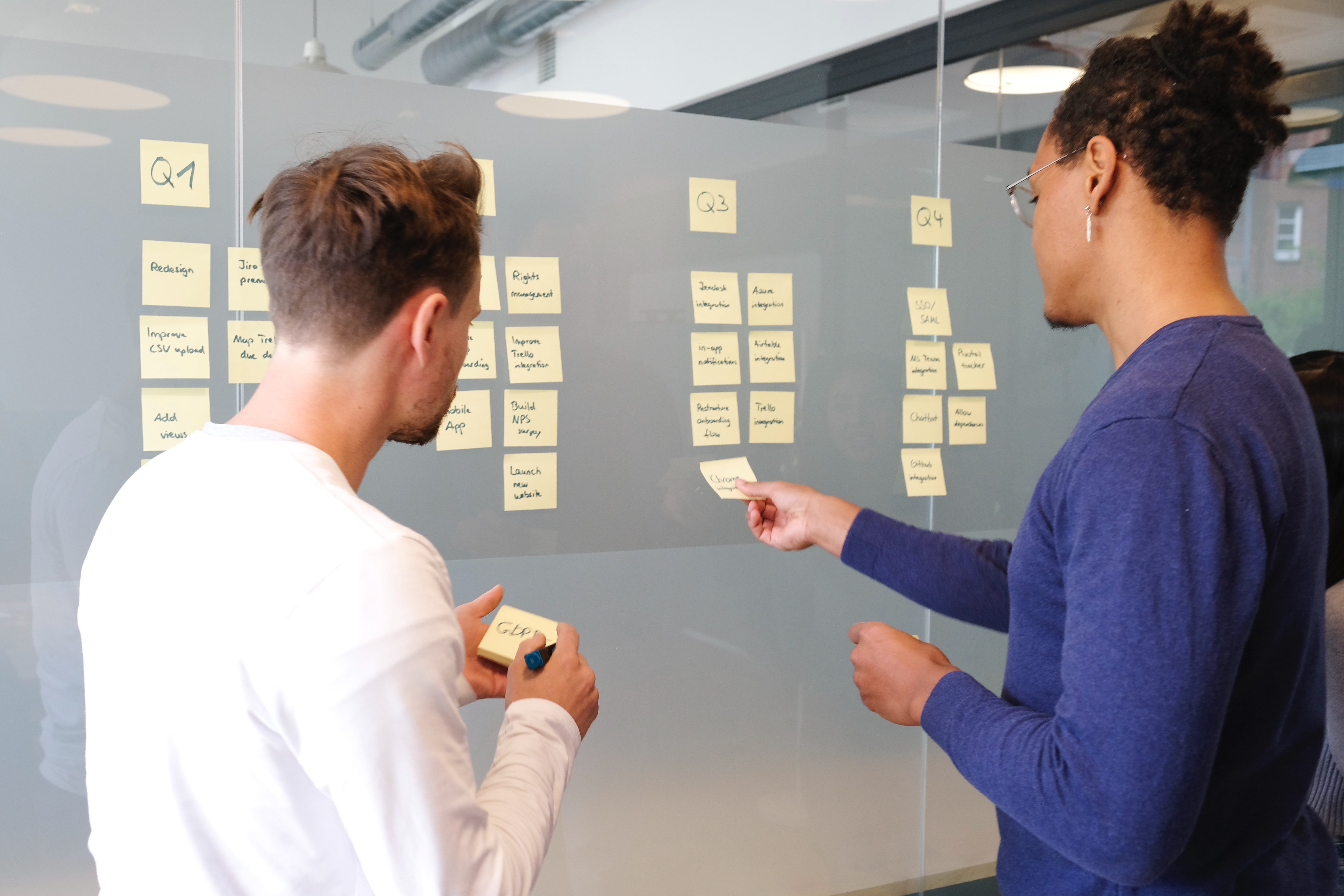Positive steps to co-production

Stacey Adams our Director of Operations has been specialising in service delivery, engaging with meaningful consultation and co-production throughout her project delivery for over twenty years.
Here in this blog, Stacey shares some easy tips to understanding consultation and co-production.
It’s been recently co-production week and it got me thinking about my experience of co-production and consultation throughout my career. I fundamentally believe that meaningful consultation and co-production is essential to the success of any work that is with or for a community / people. However, I do get frustrated having the same conversations about it in 2022 as I was having in 2002! Back then I was working with young people and regularly felt like I was making a nuisance of myself in meetings when I’d ask, “but have you asked any young people about that?” At the time I worked in an Information Shop for Young People and we had a very active and engaged Young People’s Management Group, who helped shape everything we did and were consulted on an ongoing basis. They were also tasked with engaging with young people in their communities about the services we offered.

Leap forward to 2022 and I’m still asking “have you asked the people this is for?” And I genuinely can’t work out why this is not happening routinely or why when it’s done, it’s tokenistic and mostly regarded as a tick box exercise for compliance. Is it because it’s perceived as challenging? Is it because the decisions have already been made? I think this is essential for any project or service to be successful on a community level and it needs to be an ongoing thing that happens consistently, where people are listened to, given feedback and valued.
For the purpose of this blog I am talking about consultation (asking for insight, views and opinions) and co-production (developing together, where the community are actively involved with the work / project / service, like a management group) together as I think they go hand in hand and don’t work in isolation.
So, what are my top tips for effective consultation and co-production?
- Be prepared! Prepare how you’re going to engage, ideally involving the people you want to engage with in the planning. Be prepared to listen, really listen and, hear people, be prepared to hear things that are unexpected or not positive! Effective consultation is the first step to ‘recruiting’ those who you can bring with you on your co-production journey.
- Plan. Think about who, what, why, where and how. Who do you want to engage with? What do you want to engage with them about? Why are you engaging with them? What’s the purpose? Where are you undertaking the engagement? (And how accessible is this for the people you want to engage?) How are you going to do this and make it an interesting and valuable experience?

3. What’s in it for them? You want to engage people, but really, what’s in it for them? This is key and seems to get forgotten. This and picking times and venues that work for those consulting but not their audience, are pitfalls you’ll want to avoid. Also, it’s vital to feed back, what have you done with the consultation information? What’s going to happen next? How will their involvement affect change?
- Use local experts. Local VCSE organisations are already engaging and working with a diverse range of communities and, will have insight into what’s happening locally. If you don’t know where to start get in touch with your local CVS who will be connected to these organisations and will also have valuable insights to support you on your consultation and co-production journey.
- Stop making assumptions! Stop creating service specifications, strategies and community plans WITHOUT engaging with people and communities! Stop assuming it’ll derail things or that it’s too hard or too time consuming (I mean, it might but usually only at first when there’s been no meaningful consultation nor co-production prior and it isn’t embedded.) Stop assuming you know what people want or need, or what their priorities are, even if you have some relevant lived experience, you are only one person. Stop doing this occasionally, it needs to be embedded. Stop trying to do this on your own, you don’t need to immediately feel confident with this if it’s new for you.
“Nothing about us, without us”
If you’d like to have a chat about consultation and co-production feel free to get in touch. We can offer everything from informal advice to bespoke consultancy solutions.
